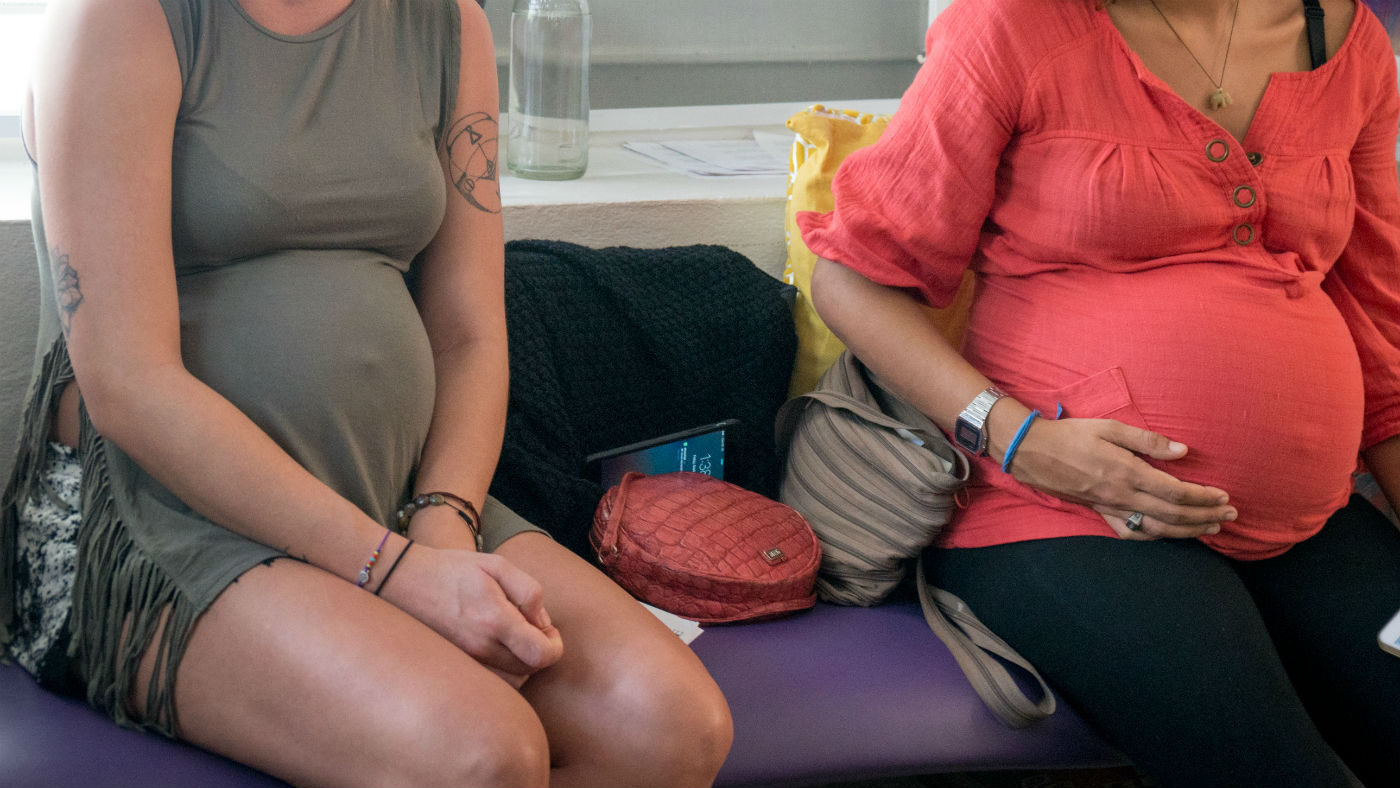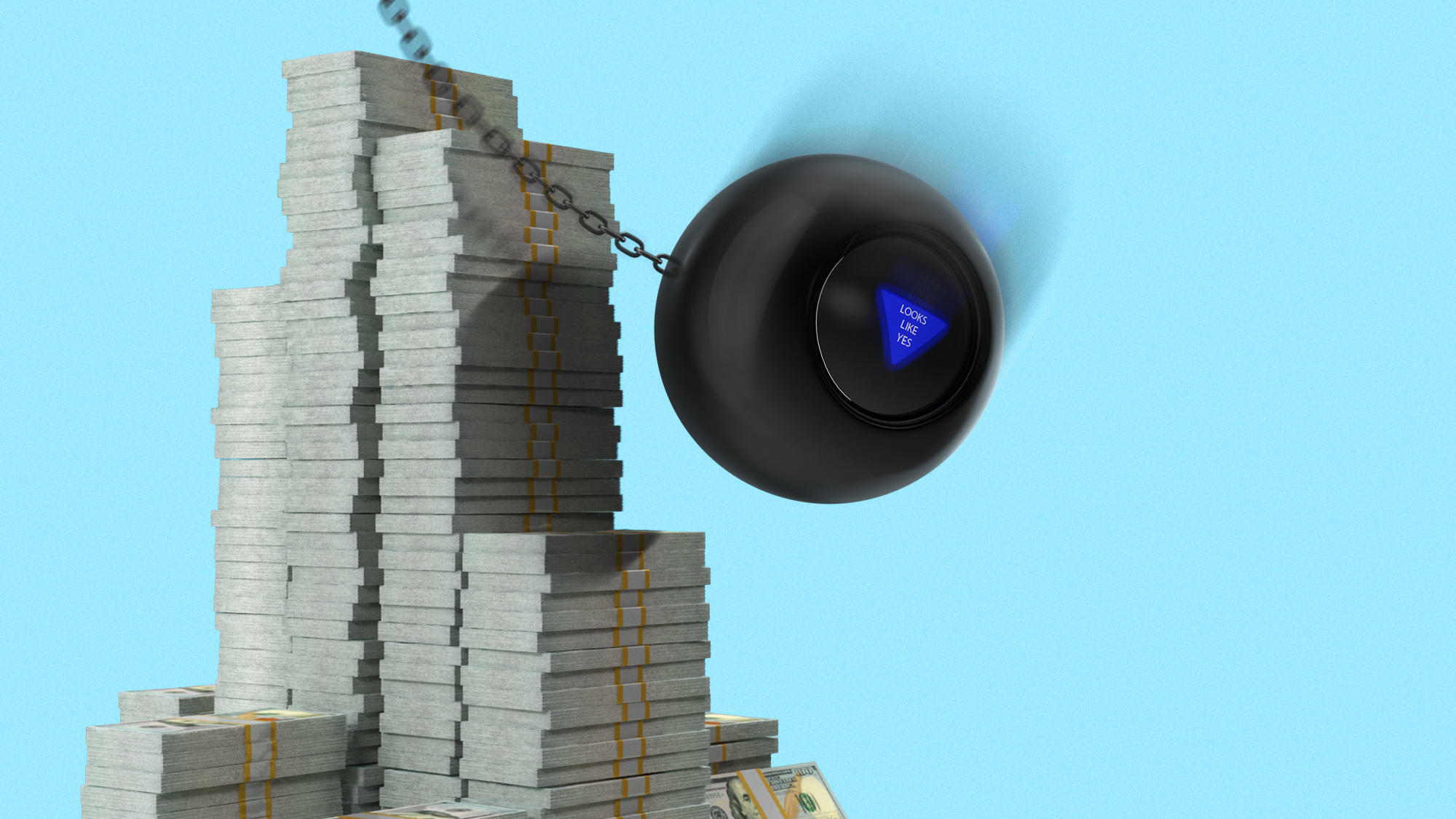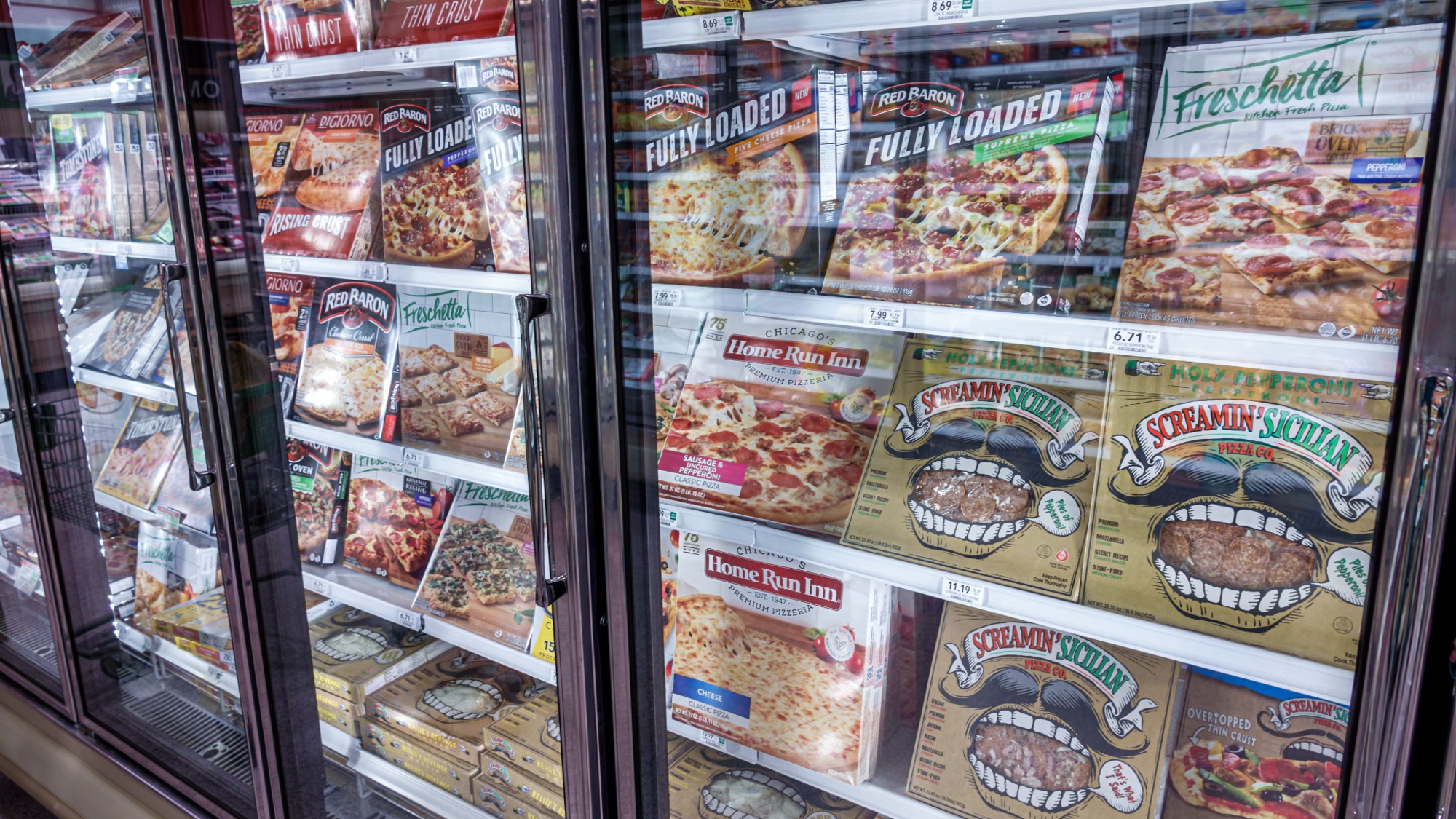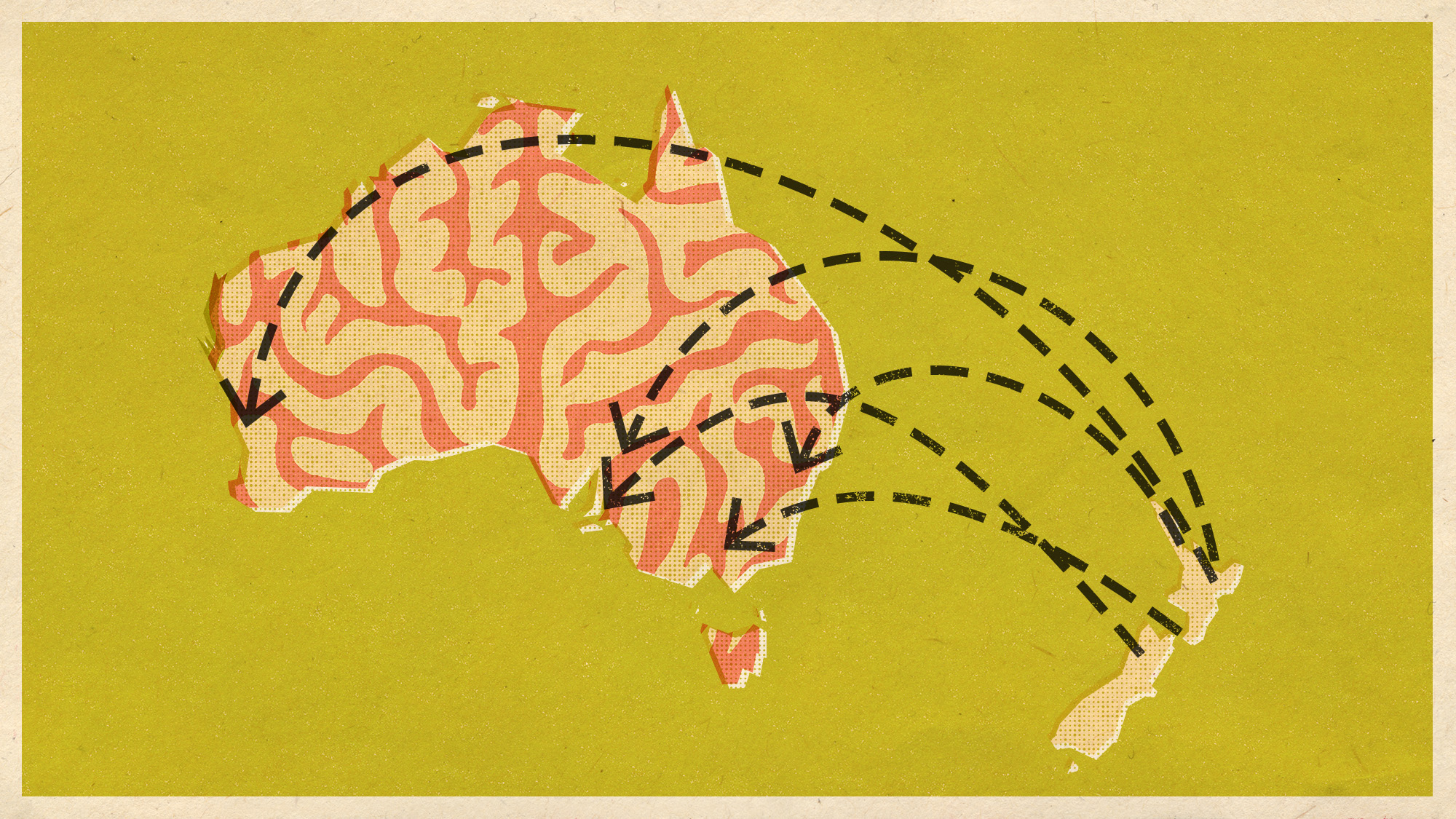Can pregnancy rates predict a recession?
Analysis shows number of women falling pregnant drops several months before the start of an economic downturn

A free daily email with the biggest news stories of the day – and the best features from TheWeek.com
You are now subscribed
Your newsletter sign-up was successful
Pregnancy rates could be used to predict an imminent economic recession, new research from US academics has suggested.
The authors of Is Fertility a Leading Economic Indicator? tracked more than 100 million births in the US between 1989 and 2016 and found that the rate of conceptions began to fall several months before an economic downturn.
The BBC says “economists are frequently criticised for failing to accurately predict the direction of economic growth [and] increasingly they are looking beyond traditional measures such as manufacturing output, retail spending and house prices to help build a more complex and accurate picture”.
The Week
Escape your echo chamber. Get the facts behind the news, plus analysis from multiple perspectives.

Sign up for The Week's Free Newsletters
From our morning news briefing to a weekly Good News Newsletter, get the best of The Week delivered directly to your inbox.
From our morning news briefing to a weekly Good News Newsletter, get the best of The Week delivered directly to your inbox.
It has long been accepted that birth rates decline as a result of falling consumer confidence in the middle of a recession, but now it appears that pregnancy rates could be used to predict future economic productivity before it starts to decline.
There also appears to be a link between the rate of fertility decline and the scale of the subsequent downturn, and the report’s authors say it is more accurate than many traditional indicators.
Summarising their findings, Daniel Hungerman, Kasey Buckles and Steven Lugauer suggested proxy data like the sale of fertility and pregnancy related goods should be monitored for signs of an impending economic downturn.
A free daily email with the biggest news stories of the day – and the best features from TheWeek.com
-
 ‘Restaurateurs have become millionaires’
‘Restaurateurs have become millionaires’Instant Opinion Opinion, comment and editorials of the day
-
 Earth is rapidly approaching a ‘hothouse’ trajectory of warming
Earth is rapidly approaching a ‘hothouse’ trajectory of warmingThe explainer It may become impossible to fix
-
 Health insurance: Premiums soar as ACA subsidies end
Health insurance: Premiums soar as ACA subsidies endFeature 1.4 million people have dropped coverage
-
 Is the US in a hiring recession?
Is the US in a hiring recession?Today's Big Question The economy is growing. Job openings are not.
-
 Is the UK headed for recession?
Is the UK headed for recession?Today’s Big Question Sluggish growth and rising unemployment are ringing alarm bells for economists
-
 Why has America’s economy gone K-shaped?
Why has America’s economy gone K-shaped?Today's Big Question The rich are doing well. Everybody else is scrimping.
-
 Is the US in recession?
Is the US in recession?Today's Big Question ‘Unofficial signals’ are flashing red
-
 Doing the hustle: Are side gigs a sign of impending recession?
Doing the hustle: Are side gigs a sign of impending recession?In the Spotlight More workers are 'padding their finances while they can'
-
 Frozen pizza sales could be a key indicator of a recession
Frozen pizza sales could be a key indicator of a recessionThe Explainer Sales of the item have been increasing since the pandemic
-
 Trump tariffs: five scenarios for the world's economy
Trump tariffs: five scenarios for the world's economyThe Explainer A US recession? A trade war with China? How 'Liberation Day' could realign the globe
-
 'Brain drain' fear as record numbers leave New Zealand
'Brain drain' fear as record numbers leave New ZealandUnder The Radar Neighbouring Australia is luring young workers with prospect of better jobs